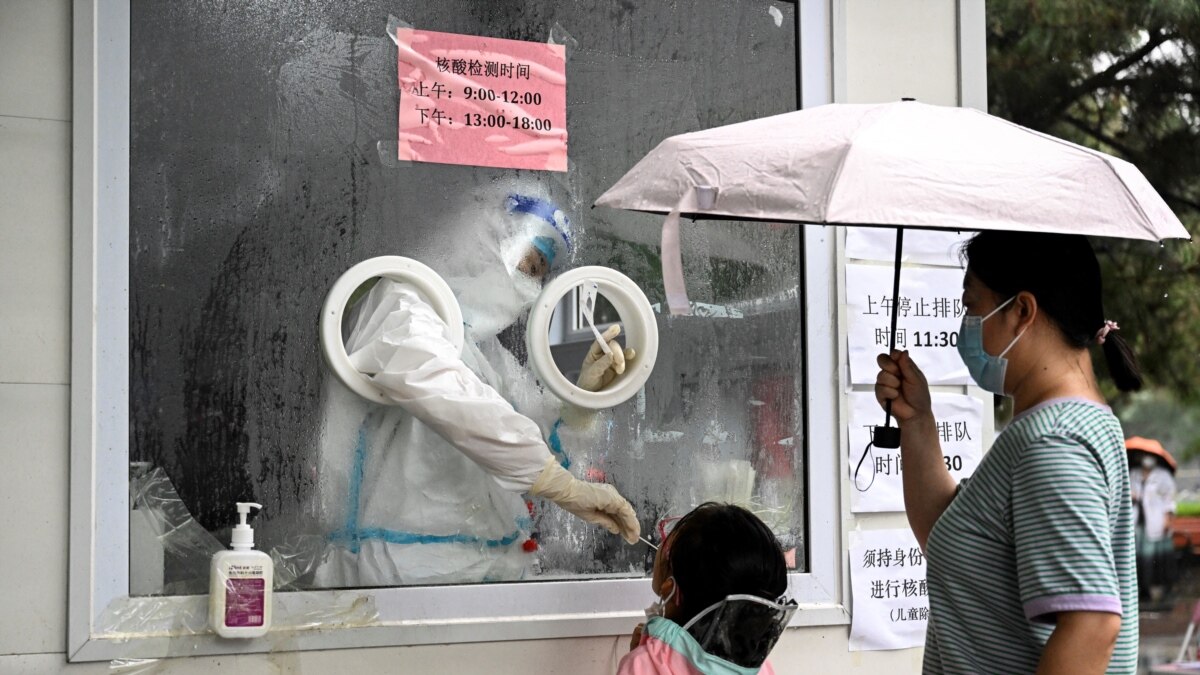With the coronavirus evolving, experts predict that the repetition of infections is increasingly possible. They even value that some people will contract the coronavirus more than twice, which means that they will be exposed to more dangers.
At least that’s what recent research says.
“Until recently, it was something unusual, but nowadays it is quite common” to get infected two, three or even four times, according to Dr. Eric Topol, director of the Scripps Research Translational Institute.
“If we don’t produce better defenses, this will happen more frequently,” the specialist told The Associated Press.
Because it happens?
The researchers maintain that the immunity generated by an infection and the protection offered by vaccines are diluted over time. For that reason, they say, people are once again vulnerable to the virus.
On the other hand, experts say, the virus has evolved and is more contagious right now. In fact, the risk of re-infection was seven times higher with omicron than with delta variants, according to research in the UK.
Scientists believe that the omicron mutations responsible for most infections in the United States circumvent immunity derived from previous infection and from vaccinations. The US health authorities are analyzing the possibility of modifying the booster vaccines to better adapt to the new variants of the virus.
Difficulties in knowing how many are infected again
Figures on how many people have been infected more than twice are not yet available.
But in the state of New York, for example, data indicates that there were 5.8 million infections during the pandemic and some 277,000 cases in which a person was infected a second time. However, the figure could be underestimated because people do not report the results when they take the COVID-19 test at home.
Is contagion possible after vaccinations?
What the facts say is that we can get it after receiving the vaccines. Political personalities, such as Canadian Prime Minister Justin Trudeau, have been infected for the second time despite being vaccinated.
His result came in the middle of this month, days after an in-person meeting with President Joe Biden.
“I will follow public health guidelines and self-isolate. I feel fine, but that’s because I got my shots,” Trudeau said in a mid-June tweet.
Trudeau has been triple vaccinated. In January he had received the booster dose and in that same month he was positive for COVID-19 for the first time.
Why are some more vulnerable than others to new infections?
So far scientists do not have the answer.
However, there are suspicions that several factors come into play, such as health and biology, exposure to certain variants, the degree of spread of the virus in a community, not being vaccinated, and personal care.
According to British researchers, unvaccinated people are more likely to get re-infected, if they are young or had a mild infection the first time.
Do vaccines protect?
Doctors say the vaccine, with its boosters, is the best protection against severe cases of COVID-19, and there is some evidence that it also reduces the chance of re-infection.
“It’s hard to know the long-term consequences,” he told the AP Dr. Peter Hotez, dean of the Baylor University School of Tropical Medicine, arguing that there are still not enough documented cases of multiple infections.
But a new, comprehensive study using data from the US Department of Veterans Affairs, which has not yet been reviewed by the scientific community, offers some clues. It says the chances of re-infection increase the danger of severe infection and health problems, including with the lungs, heart and diabetes.
Connect with the Voice of America! Subscribe to our channel YouTube and turn on notifications, or follow us on social media: Facebook, Twitter e Instagram
–


